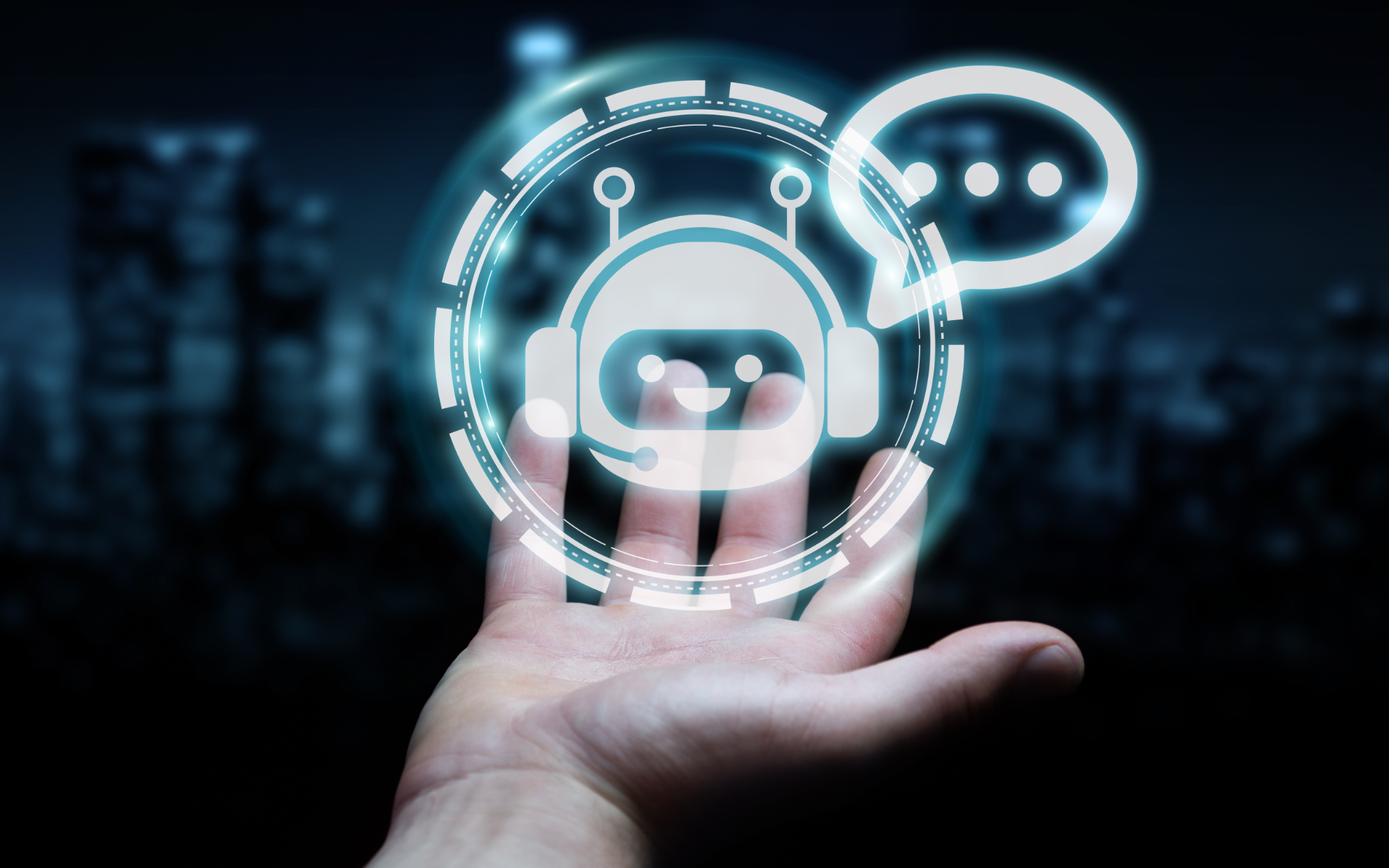Artificial intelligence (AI) refers to the simulation of human intelligence in machines that are programmed to think like humans and mimic their actions. The term may also be applied to any machine that exhibits traits associated with a human mind such as learning and problem-solving. The ideal characteristic of artificial intelligence is its ability to rationalize and take actions that have the best chance of achieving a specific goal. Artificial intelligence can be divided into two different categories: weak and strong.
A. Weak artificial intelligence embodies a system designed to carry out one particular job. Weak AI systems include video games such as the chess and personal assistants such as Amazon’s Alexa and Apple’s Siri. If someone asks the assistant a question, it answers.B. Strong artificial intelligence systems are systems that carry on the tasks considered to be human-like. These tend to be more complex and complicated systems. They are programmed to handle situations in which they may be required to problem solve without having a person intervene. These kinds of systems can be found in applications like self-driving cars or in hospital operating rooms.

AI assists in every area of our lives, whether we’re trying to read our emails, get driving directions, get music or movie recommendations. There are so many amazing ways artificial intelligence and machine learning are used behind the scenes to impact our everyday lives. Some categories are –
1. Social Media: Artificial intelligence makes it easier for users to locate and communicate with friends and business associates.
2. Digital Assistants: Apple’s Siri, Google Now, Amazon’s Alexa, and Microsoft’s Cortana are digital assistants that help users perform various tasks, from checking their schedules and searching for something on the web, to sending commands to another app. AI is an important part of how these apps work because they learn from every single user interaction.
3. Self-Driving and Parking Vehicles: Self-driving and parking cars use deep learning, a subset of AI, to recognize the space around a vehicle. Technology company Nvidia uses AI to give cars the power to see, think, and learn, so they can navigate a nearly infinite range of possible driving scenarios. The company’s AI-powered technology is already in use in cars made by Toyota, Mercedes-Benz, Audi, Volvo, and Tesla and is sure to revolutionize how people drive and enable vehicles to drive themselves.

4. Email Communications: Smart replies offer users a way to respond to emails with simple phrases like “Yes, I’m working on it.” or “No, I have not.” with the click of a button. Smart replies are tailored to the content of each email. Users can reply by typing a manual response or may instead choose a one-click smart reply.
5. Web Searching: AI has been used to help with Google searches for quite some time. When someone begins typing a search term and Google makes recommendations to choose from, that’s AI in action.
6. Stores and Services: Amazon and other online retailers use AI to gather information about customers’ preferences and buying habits. Then, they personalize the shopping experience by suggesting new products tailored to customers’ habits.
7. Music Recommendations: Music services use AI to track listening habits. Then, they use the information to suggest other songs.
8. Maps and Directions: When apps like Google Maps calculate traffic and construction in order to find the quickest route to destination, that’s AI at work.
This technology can also be applied to many different sectors and industries. AI is being tested and used in the healthcare industry for dosing drugs and different treatment in patients, and for surgical procedures in the operating room.
Artificial intelligence also has applications in the financial industry, where it is used to detect and flag activity in banking and finance such as unusual debit card usage and large account deposits—all of which help a bank’s fraud department.
Applications for AI are also being used to help streamline and make trading easier. This is done by making supply, demand, and pricing of securities easier to estimate.
It’s no longer needed to say that artificial intelligence makes our lives more efficient every day. AI powers many programs and services that help us do everyday things and makes our lives easier.

